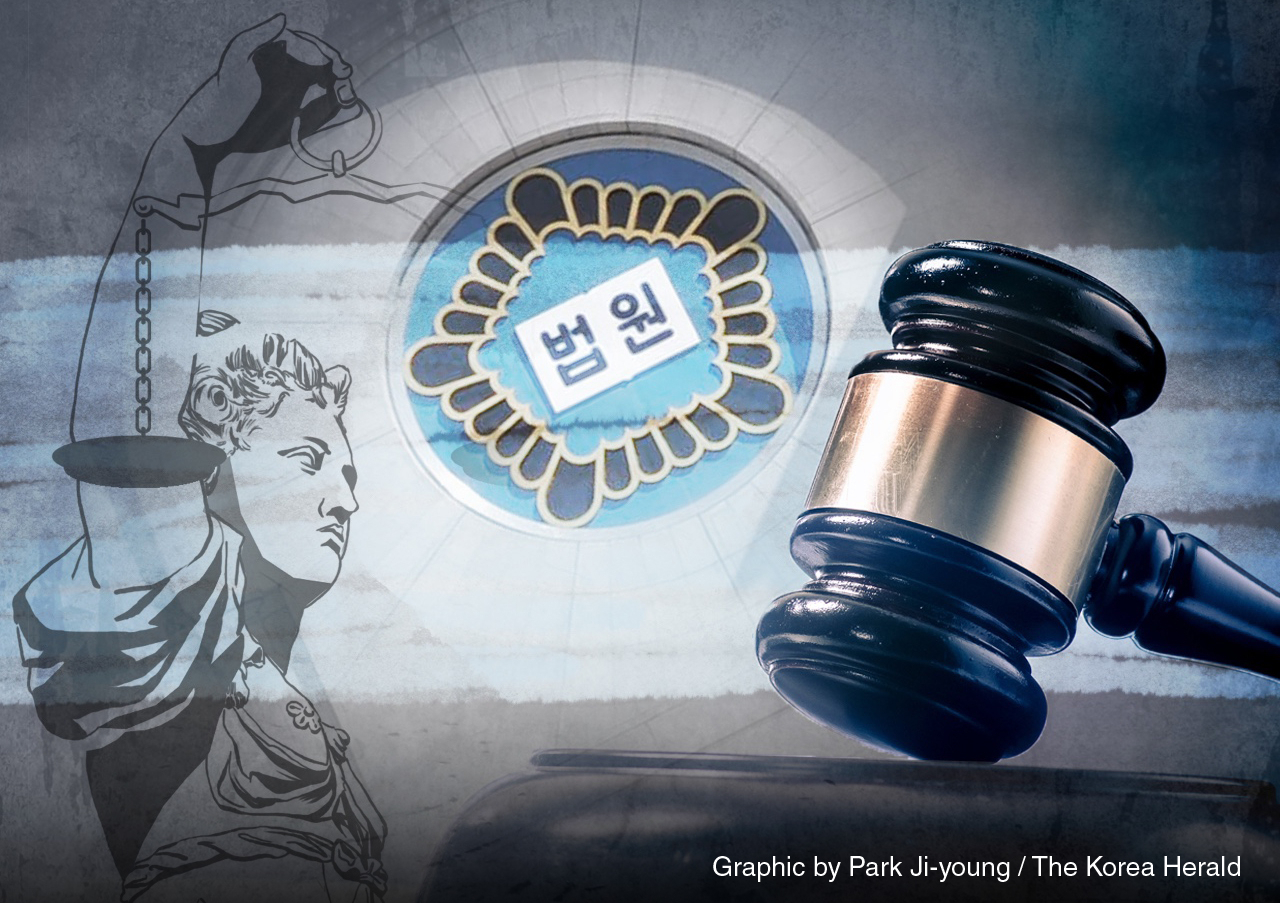
The Constitutional Court of Korea recently ruled in favor of the legal clause that effectively requires suitors in civil cases to check the e-documents related to their litigation within the week of the information being made available to them.
In the ruling, Article 11-4 of the Act on the Use of Electronic Documents in Civil Litigations was unanimously ruled constitutional.
The article concerns electronic documents related to the civil cases, which are registered to the court system and made available for those involved in the case. The court notifies suitors that the information has been registered, and the documents in question are considered properly delivered at the moment the suitor checks them.
Even if the person involved in the case does not check the documents, they are considered delivered one week after the court notification is sent. The article only applies to suitors who agreed to use e-documents in the litigation process.
The article came into contention after an individual filed a constitutional complaint in January of 2022. The person filed a damages suit against a bank, but failed to be present for two hearings and did not apply for another hearing date, resulting in the case being dropped.
The person claimed that one had not been directly sent the necessary information by the court.
"Receiving the documents in the litigation process depends on the will of the suitor (to receive them)," the court said in its verdict. "The court can expect the person related to the litigation to have checked the information within a considerable time after being notified. And the person could obviously expect to receive notification related to the information being made available."
The court went on to state that without the article, the civil suitors could potentially delay the litigation process by deliberately not checking the e-documents. Since e-documents are easily accessible by logging into the system, the court said allowing one-week period to check the documents is sufficient.







